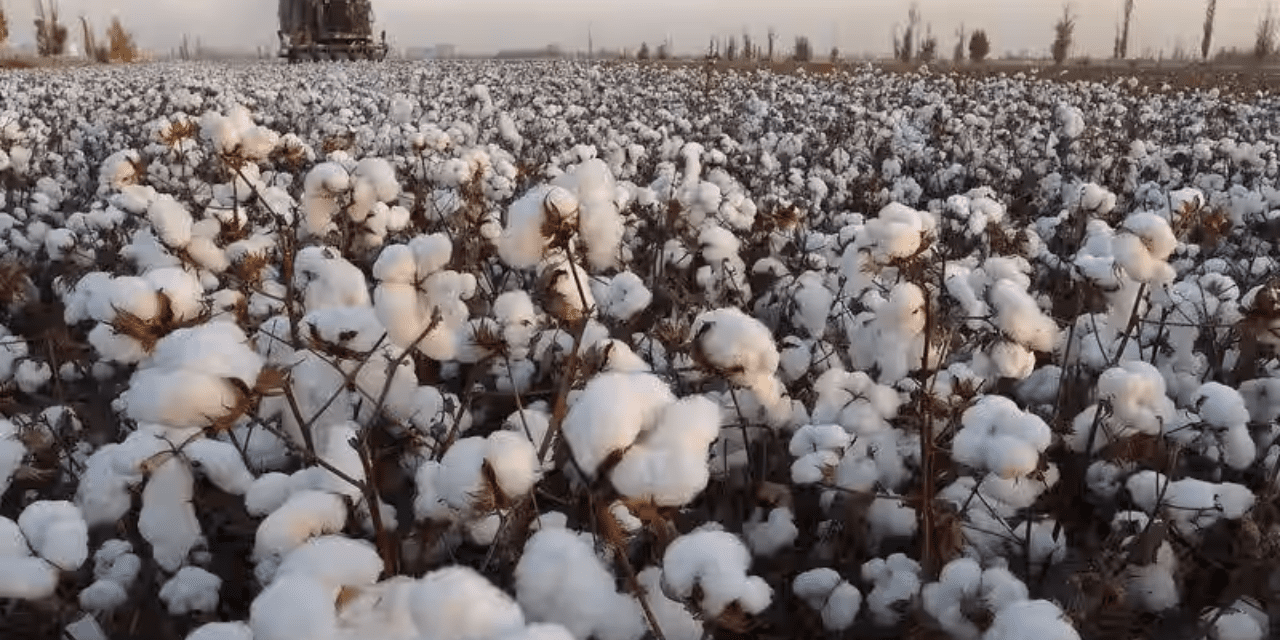The Indian government has been petitioned by the textile sector to waive the 11% import charge on cotton. The levy on cotton imports was established by the Indian government three years ago. At the time, it made sense because Indian cotton was less expensive than cotton from other nations. The situation has now changed, with Indian cotton currently costing about 18–19% higher than the world average.
Although the cost of cotton may not soar during the off-peak season (April to September), the Indian textile industry is having trouble competing in the export market. The Southern India Mills Association (SIMA) has requested that tariffs be eliminated, at the very least during the current off-peak season.
Analysis of market price information reveals that the ICE cotton May The price of the 2023 contract is currently US $ 84.19 per pound, or around 152.22 per kilogramme. In the meantime, on Wednesday, the MCX cotton June 2023 contract was traded at 64,440 per candy weighing 356 kg (181 per kilogramme). At the moment, Indian cotton costs 19% more than ICE cotton.
Indian cotton often commands a premium of 5% to 7% over ICE cotton because of its superior qualities. However, other market variables are to blame for the current price discrepancy. Gujarat spot cotton prices were reported to be between 62,800 and 63,200 rupees per candy.
The chairman of SIMA, Ravi Sam, has pleaded with the Union minister of finance, Nirmala Sitharaman, to waive the import duty on cotton from April to October. The government had taken this action last year to Ensure the security of raw materials, prevent production halts, and avert a fall in exports. Sam said that because of the import tax, Indian cotton has increased in price and some export orders have been lost. According to him, cotton textile exports have decreased by more than 23% from the prior year, making it crucial to provide cotton to the industrial sector at a cost that is competitive on a global scale. He stressed the importance of duty exemption for improving export performance.
Sam continued by pointing out that while farmers have benefited to some level from the higher cotton price brought on by the import charge, dealers and international firms have benefited significantly. As a result, the value chain for Indian cotton textiles is competitive and exports over two-thirds of its output. has completely disappeared in the nation as value-added textile products.

